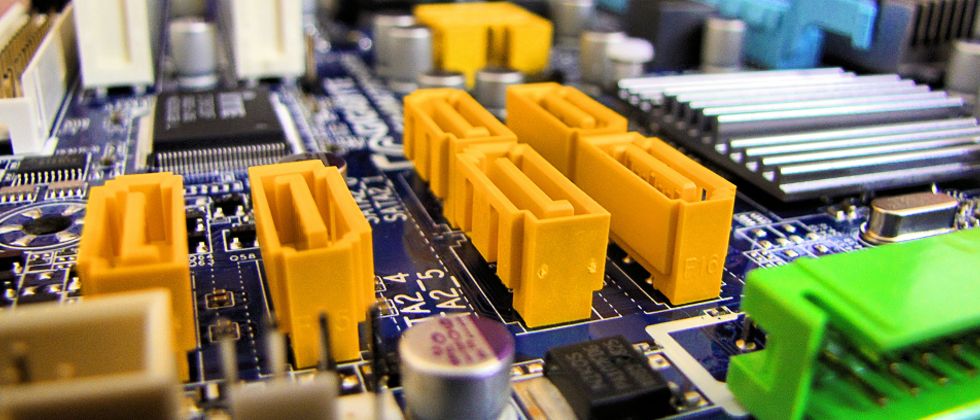California Management Review
California Management Review is a premier academic management journal published at UC Berkeley
by Daniel Ginsberg

Since the passage of the famous Patent Act in 1790, entrepreneurship and invention have been reinforced as central aspects of the American business model, upheld and maintained by the power of the United States government. The United States Patent & Trademark Office (USPTO) grants patents, trademarks, and copyrights to those who wish to protect their “intellectual property” from infringement. With the rapid advancements in technology over the past few decades, we examine intellectual property alongside it and the future for patents in the international community.
The scope of patentable subject matter has been a matter of debate for federal courts as new technology has been released. With the computer revolution and the advent of “computer-readable mediums,” also known as software, the USPTO was tasked with determining if such software would be protected under federal code. Such an important topic reached the Supreme Court in 2014, and under the landmark case, Alice Corp. v. CLS Bank International, the court decided to prevent intellectual property protection for software. The court’s decision that, “the mere recitation of a generic computer cannot transform a patent-ineligible abstract idea into a patent-eligible invention” will certainly have an immense effect for patents already granted to software and certain “computer-implemented systems.” Patent attorneys and inventors must now submit claims that emphasize hardware and non-digital elements in order to be approved under the stricter guidelines. On the other hand, software developers and smaller businesses will no longer be hampered by the costly threat of infringement stemming from larger corporations and those with the resources to protect and prosecute intellectual property.
The smartphone has undoubtedly changed the way that we live our lives and interact with others. Many view Apple and Samsung as the two giants that dominate this technology sector, however, not even billion dollar corporations can avoid the risk of patent infringement and subsequent damages. In 2014, the Supreme Court ruled against Samsung for infringing on multiple utility and design patents registered by Apple relating to the iPhone. However, within the last month, the Supreme Court has revised their decision to determine the damages “based on profits from sales based on individual components, as opposed to profits from sales of the whole end product, as they were before.” The court has decided to leave the specifics of said individual components to lower courts, although there is no doubt that future cases of infringement will cause controversy in the business community, especially cases ruled against foreign companies in the upcoming years.
As many throughout the country are still considering the potential social and more familiar economic ramifications of a Trump presidency, few realize implications of a stronger and more empowered patent office. Trump has repeatedly called for “the U.S. to go after China and others for stealing American IP.” The State Intellectual Property Office of the P.R.C. has had a history of leniency with regard to enforcing international patent rights in an effort to stimulate domestic business growth, often at the expense of the original inventors. In addition, Trump’s plans to dismantle the contentious Trans-Pacific Partnership have been hailed by many biotechnology and pharmaceutical companies as a further protection of their intellectual property, which would be more exposed to international players under the provisions of the partnership. Trump’s strong ties to the domestic business community will most likely spur patent growth for larger corporations, whilst maintaining a level of caution for foreign filing within countries like China and EU member states.